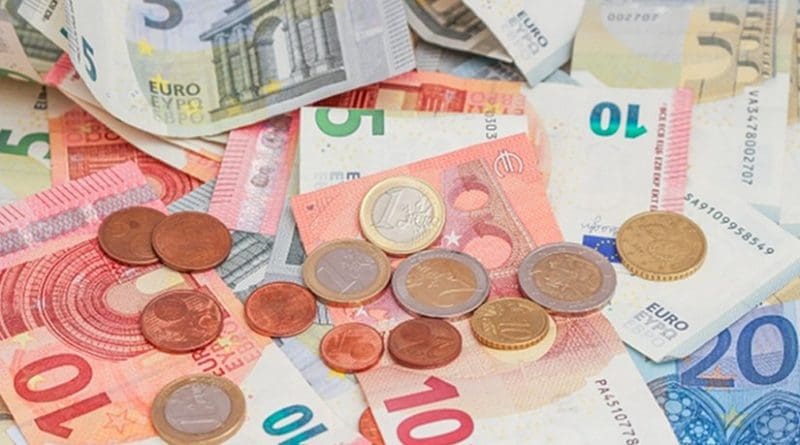Serbia Pays Off Kosovo’s Billion Euro Debt
By Filip Rudic
Although Kosovo fought to break away from Serbia in 1999 and proclaimed independence in 2008, Serbia continues to pay off its foreign debt because it considers the former province a part of its own territory.
Serbia will pay almost a billion euros to cover Kosovo’s foreign debt because it refuses to recognise the former province’s independence, National Bank data obtained by BIRN shows.
According to the National Bank data, Serbia is paying off a 932.73 million euro debt which was incurred between the 1970s and 1990s, when Serbia and Kosovo were both part of Yugoslavia.
It has already paid almost 650 million euros, and has just over 300 million left to pay to various creditors.
The debt was restructured during 2002-2005, and Serbia is not paying any foreign debt that Kosovo has incurred since then.
“Serbia pays this debt because it considers Kosovo a part of its territory,” said the governor of the National Bank of Serbia, Jorgovanka Tabakovic.
Most of the money is owed to the European Bank for Reconstruction and Development (433.31 million euros), the Paris Club (297.2 million euros) and the London Club of creditors (169.85 million euros).
Smaller amounts are owed to the Council of Europe Development Bank (5.79 million euros), the European railway company Eurofima (4.62 million euros), Kuwait (18.1 million euros) and the European Union (430,000 euros).
Serbia has also paid a 3.44 million euro debt to Libya, as well as 1.57 million owed to the former Czechoslovakia.
Belgrade has been steadily repaying since 2002, and currently owes 304.54 million euros to the European Bank for Reconstruction and Development, the Paris and London Clubs and Kuwait.
The debt to the EBRD is due to be repaid by December 2031, the debt to the Paris Club is due by March 2041, to the London Club by 2024 and to Kuwait by July 2034, the National Bank told BIRN.
Serbia took over Kosovo’s share of the debt of the former Yugoslavia in 1991. Kosovo was barred from any involvement as Belgrade scrapped its autonomy in 1989.
After that, Serbia paid Kosovo’s debts until UN sanctions were imposed on Belgrade in 1992. It resumed paying the debts in 2001.
The debt question remains unsolved, as Serbia refused to discuss it with Kosovo during talks in Vienna in 2006-2007.
Kosovo experts say the question should be settled and that Pristina is ready to repay its share of the Yugoslav foreign debt, provided that Serbia submits the documentation it removed from Kosovo after Serbia was forced to withdraw from the ex-province in 1999

